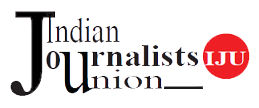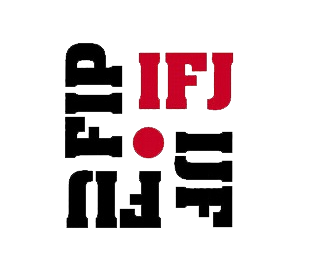~ Geetartha Pathak
Will Parliament heed to the direction of the Supreme Court for making of a law to ensure candidates with criminal antecedents do not enter pubic life and take part in law making? Can we expect from the parliament and the state legislative assemblies with 36 per cent criminally tainted lawmakers in their fold finally come up with a piece of law that bars entry of criminals in legislature? And what if they do not respond to the direction of the apex court? All these questions are making rounds after the SC's recent judgment on entry of criminals in legislature. At present under the Representation of People's Act only convicted lawmakers can be disqualified and not accused ones. Countering the government's submissions that a person is presumed innocent until he is proven guilty and nothing prevents an accused, who won an election on public mandate, from becoming a lawmaker, the SC said:"it is imperative that persons who enter public life and participate in law making should be above any kind of serious criminal allegation".
Refusing to cross the Lakshman Rekha the, the court said it could not legislate for Parliament by introducing disqualification to ban candidates facing trial for heinous crimes from contesting elections. The apex court relied mostly on informed citizenry in preventing criminalization of politics in the country. Criminalization of politics cannot bearrested by merely disqualifying tainted legislators but should begin by "cleansing" political parties the court opined. Therefore the onus has been shifted to political parties for cleansing the politics. Nevertheless there are no less criminally tainted leaders in the political parties itself than the legislature.
Although the SC has mandated disclosure of criminals' antecedents in 2003 in a bid to increase public awareness, the proportion of members of Parliament and state legislative bodies facing criminal charges are growing. 34% of MPs elected to the Parliament in 2014 face ongoing criminal cases and 21% are accused of serious crimes. In 2004, the corresponding shares were 24% and 12%, respectively. Prospect of winning elections by candidates facing criminal cases is more than one without.
The biggest challenge to the democracy in India is increasing number of billionaires and criminals in the legislature. Increasing role of money and muscle power is a real threat to the democracy. Divulging candidates criminal past to the Election Commission in "block letters", full disclosure of the criminal cases pending against candidates to the political parties under whose banner they intend to contest the polls and the political parties to put up the complete details of their candidates on their websites for public consumption, as directed by the court will definitely make the public aware about the contesting candidates and help them in considerately choosing their representatives in the legislatures.
The court's further directive to the candidates and the political parties to declare the criminal antecedents of the former in widely-circulated newspapers and TV channels thrice after filing of nomination papers,is heavily relied on media publicity. Chief Justice Dipak Misra explained that such step was to "foster and nurture an informed citizenry. Finally everything is zeroed towards a conscious and informed citizenry. The CJI wrote: "The best available people, as is expected by the democratic system, should not have criminal antecedents and the voters have a right to know about their antecedents, assets and other aspects. Citizens in a democracy cannot be compelled to stand as silent, deaf and mute spectators to corruption".
With these bold and erudite observations the apex court indirectly has encouraged media to expose the politicians for their corruptions and criminality. Since the apex court's observations suggests a free and empowered media is crucial in cleaning the governance and the polity, the court should do away with a number of obsolete laws that are being used to gag media and dissenting voices. Such laws have no place in a modern republic. Section 124A of the Indian Penal Code (IPC) criminalizing sedition, Sections 499 and 500 recognizing criminal defamation etc are antithesis of democracy. Almost all political parties abuse these laws with abundance when they are in power in our country.
Powerful politicians and their cronies are doing their best in fettering the media by directly threatening them for critical reports or coverage, forcing them to indulge in self censoring, exerting pressure on media management to remove or take action against journalists who expose corruptions and criminal activities of politicians. The media environment has been vitiated in the country by abusing brute power. Rs 5000 crore civil defamation suit filed by Anil Ambani-led Reliance group, against the Associated Journals Limited, the publisher of the National Herald, its editor in-charge Zafar Agha, and author of the an article for its critical remark on Rafale deal has sent warning signals to other media outlets.
Filing defamation cases is a new weapon used by the powerful politicians and their cronies in intimidating critical media. Journalists and others are viciously trolled for their critical comments against the Prime Minister or the BJP government. Media watchdog Reporters Without Borders (RSF) expressed alarm about India, with seven journalists killed in the past 20 months and a sharp rise in online abuse and harassment.
The court has to ensure safety and security of journalists, uphold media right and freedom of expression in general if it effectively wants to break the criminal-political nexus in the country. Unless some decisive action is taken soon, the public will lose all faith in politics and democracy itself. This will cause irreparable damage to the republic.



